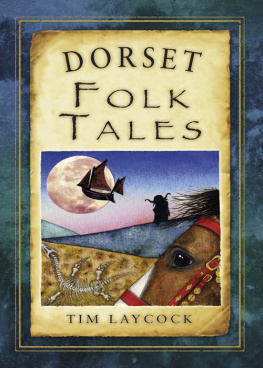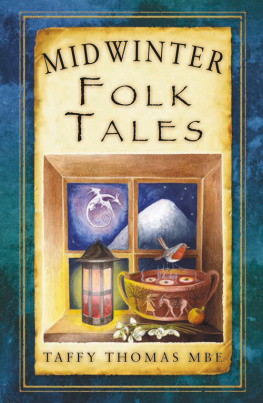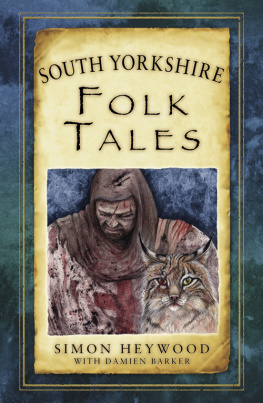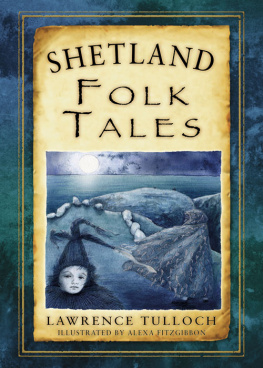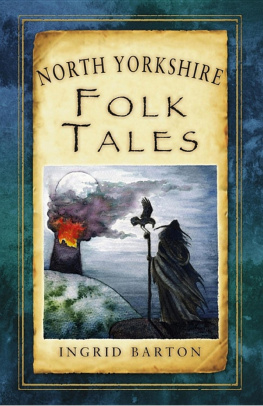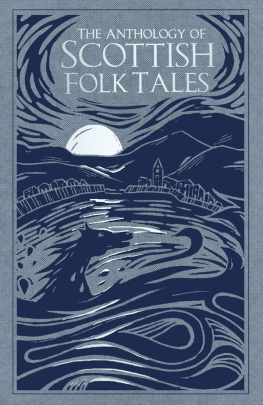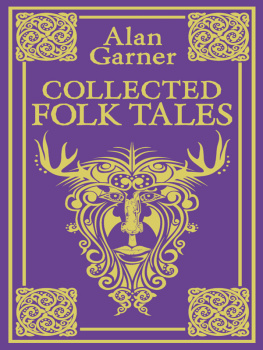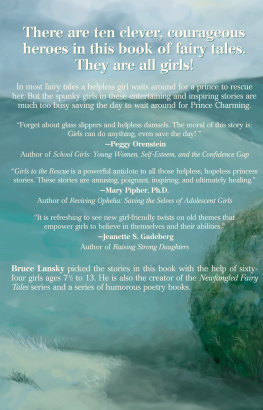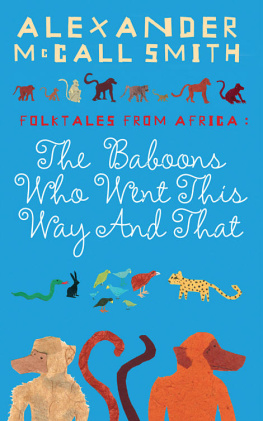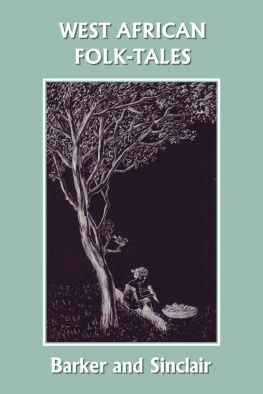Frank Hamilton Cushing - Zuni Folk Tales
Here you can read online Frank Hamilton Cushing - Zuni Folk Tales full text of the book (entire story) in english for free. Download pdf and epub, get meaning, cover and reviews about this ebook. year: 2021, publisher: Global Grey ebooks, genre: Romance novel. Description of the work, (preface) as well as reviews are available. Best literature library LitArk.com created for fans of good reading and offers a wide selection of genres:
Romance novel
Science fiction
Adventure
Detective
Science
History
Home and family
Prose
Art
Politics
Computer
Non-fiction
Religion
Business
Children
Humor
Choose a favorite category and find really read worthwhile books. Enjoy immersion in the world of imagination, feel the emotions of the characters or learn something new for yourself, make an fascinating discovery.
- Book:Zuni Folk Tales
- Author:
- Publisher:Global Grey ebooks
- Genre:
- Year:2021
- Rating:4 / 5
- Favourites:Add to favourites
- Your mark:
- 80
- 1
- 2
- 3
- 4
- 5
Zuni Folk Tales: summary, description and annotation
We offer to read an annotation, description, summary or preface (depends on what the author of the book "Zuni Folk Tales" wrote himself). If you haven't found the necessary information about the book — write in the comments, we will try to find it.
Zuni Folk Tales — read online for free the complete book (whole text) full work
Below is the text of the book, divided by pages. System saving the place of the last page read, allows you to conveniently read the book "Zuni Folk Tales" online for free, without having to search again every time where you left off. Put a bookmark, and you can go to the page where you finished reading at any time.
Font size:
Interval:
Bookmark:
By Frank Hamilton Cushing.
This ebook edition was created and published by Global Grey

GlobalGrey 2021
globalgreyebooks.com
It is instructive to compare superstition with science. Mythology is the term used to designate the superstitions of the ancients. Folk-lore is the term used to designate the superstitions of the ignorant of today. Ancient mythology has been carefully studied by modern thinkers for purposes of trope and simile in the embellishment of literature, and especially of poetry; then it has been investigated for the purpose of discovering its meaning in the hope that some occult significance might be found, on the theory that the wisdom of the ancients was far superior to that of modern men. Now, science has entered this field of study to compare one mythology with another, and preeminently to compare mythology with science itself, for the purpose of discovering stages of human opinion.
When the mythology of tribal men came to be studied, it was found that their philosophy was also a mythology in which the mysteries of the universe were explained in a collection of tales told by wise men, prophets, and priests. This lore of the wise among savage men is of the same origin and has the same significance as the lore of Hesiod and Homer. It is thus a mythology in the early sense of that term. But the mythology of tribal men is devoid of that glamour and witchery born of poetry; hence it seems rude and savage in comparison, for example, with the mythology of the Odyssey, and to rank no higher as philosophic thought than the tales of the ignorant and superstitious which are called folk-lore; and gradually such mythology has come to be called folk-lore. Folk-lore is a discredited mythology--a mythology once held as a philosophy. Nowadays the tales of savage men, not being credited by civilized and enlightened men with that wisdom which is held to belong to philosophy, are called folk-lore, or sometimes folk-tales.
The folk-tales collected by Mr. Cushing constitute a charming exhibit of the wisdom of the Zuis as they believe, though it may be but a charming exhibit of the follies of the Zuis as we believe.
The wisdom of one age is the folly of the next, and the opinions of tribal men seem childish to civilized men. Then why should we seek to discover their thoughts? Science, in seeking to know the truth about the universe, does not expect to find it in mythology or folk-lore, does not even consider it as a paramount end that it should be used as an embellishment of literature, though it serves this purpose well. Modern science now considers it of profound importance to know the course of the evolution of the humanities; that is, the evolution of pleasures, the evolution of industries, the evolution of institutions, the evolution of languages, and, finally, the evolution of opinions. How opinions grow seems to be one of the most instructive chapters in the science of psychology. Psychologists do not go to the past to find valid opinions, but to find stages of development in opinions; hence mythology or folk-lore is of profound interest and supreme importance.
Under the scriptorial wand of Cushing the folktales of the Zuis are destined to become a part of the living literature of the world, for he is a poet although he does not write in verse. Cushing can think as myth-makers think, he can speak as prophets speak, he can expound as priests expound, and his tales have the verisimilitude of ancient lore; but his sympathy with the mythology of tribal men does not veil the realities of science from his mind.
The gods of Zui, like those of all primitive people, are the ancients of animals, but we must understand and heartily appreciate their simple thought if we would do them justice. All entities are animals--men, brutes, plants, stars, lands, waters, and rocks--and all have souls. The souls are tenuous existences--mist entities, gaseous creatures inhabiting firmer bodies of matter. They are ghosts that own bodies. They can leave their bodies, or if they discover bodies that have been vacated they can take possession of them. Force and mind belong to souls; fixed form, firm existence belong to matter, while bodies and souls constitute the world. The world is a universe of animals. The stars are animals compelled to travel around the world by magic. The plants are animals under a spell of enchantment, so that usually they cannot travel. The waters are animals sometimes under the spell of enchantment. Lakes writhe in waves, the sea travels in circles about the earth, and the streams run over the lands. Mountains and hills tremble in pain, but cannot wander about; but rocks and hills and mountains sometimes travel about by night.
These animals of the world come in a flood of generations, and the first-born are gods and are usually called the ancients, or the first ones; the later-born generations are descendants of the gods, but alas, they are degenerate sons.
The theatre of the world is the theatre of necromancy, and the gods are the primeval wonderworkers; the gods still live, but their descendants often die. Death itself is the result of necromancy practised by bad men or angry gods.
In every Amerindian language there is a term to express this magical power. Among the Iroquoian tribes it is called orenda; among the Siouan tribes some manifestations of it are called wakan or wakanda, but the generic term in this language is hube. Among the Shoshonean tribes it is called pokunt. Let us borrow one of these terms and call it "orenda." All unexplained phenomena are attributed to orenda. Thus the venom of the serpent is orenda, and this orenda can pass from a serpent to an arrow by another exercise of orenda, and hence the arrow is charmed. The rattle-snake may be stretched beside the arrow, and an invocation may be performed that will convey the orenda from the snake to the arrow, or the serpent may be made into a witch's stew and the arrow dipped into the brew.
No man has contributed more to our understanding of the doctrine of orenda as believed and practised by the Amerindian tribes than Cushing himself. In other publications he has elaborately discussed this doctrine, and in his lectures he was wont to show how forms and decorations of implements and utensils have orenda for their motive.
When one of the ancients--that is, one of the gods--of the Iroquois was planning the streams of earth by his orenda or magical power, he determined to have them run up one side and down the other; if he had done this men could float up or down at will, by passing from one side to the other of the river, but his wicked brother interfered and made them run down on both sides; so orenda may thwart orenda.
The bird that sings is universally held by tribal men to be exercising its orenda. And when human beings sing they also exercise orenda; hence song is a universal accompaniment of Amerindian worship. All their worship is thus fundamentally terpsichorean, for it is supposed that they can be induced to grant favors by pleasing them.
All diseases and ailments of mankind are attributed by tribal men to orenda, and all mythology is a theory of magic. Yet many of the tribes, perhaps all of them, teach in their tales of some method of introducing death and disease into the world, but it is a method by which supernatural agencies can cause sickness and death.
The prophets, who are also priests, wonderworkers, and medicine-men, are called shamans in scientific literature. In popular literature and in frontier parlance they are usually called medicine-men. Shamans are usually initiated into the guild, and frequently there are elaborate tribal ceremonies for the purpose. Often individuals have revelations and set up to prophesy, to expel diseases, and to teach as priests. If they gain a following they may ultimately exert much influence and be greatly revered, but if they fail they may gradually be looked upon as wizards or witches, and they may be accused of black art, and in extreme cases may be put to death. All Amerindians believe in shamancraft and witchcraft.
Font size:
Interval:
Bookmark:
Similar books «Zuni Folk Tales»
Look at similar books to Zuni Folk Tales. We have selected literature similar in name and meaning in the hope of providing readers with more options to find new, interesting, not yet read works.
Discussion, reviews of the book Zuni Folk Tales and just readers' own opinions. Leave your comments, write what you think about the work, its meaning or the main characters. Specify what exactly you liked and what you didn't like, and why you think so.


